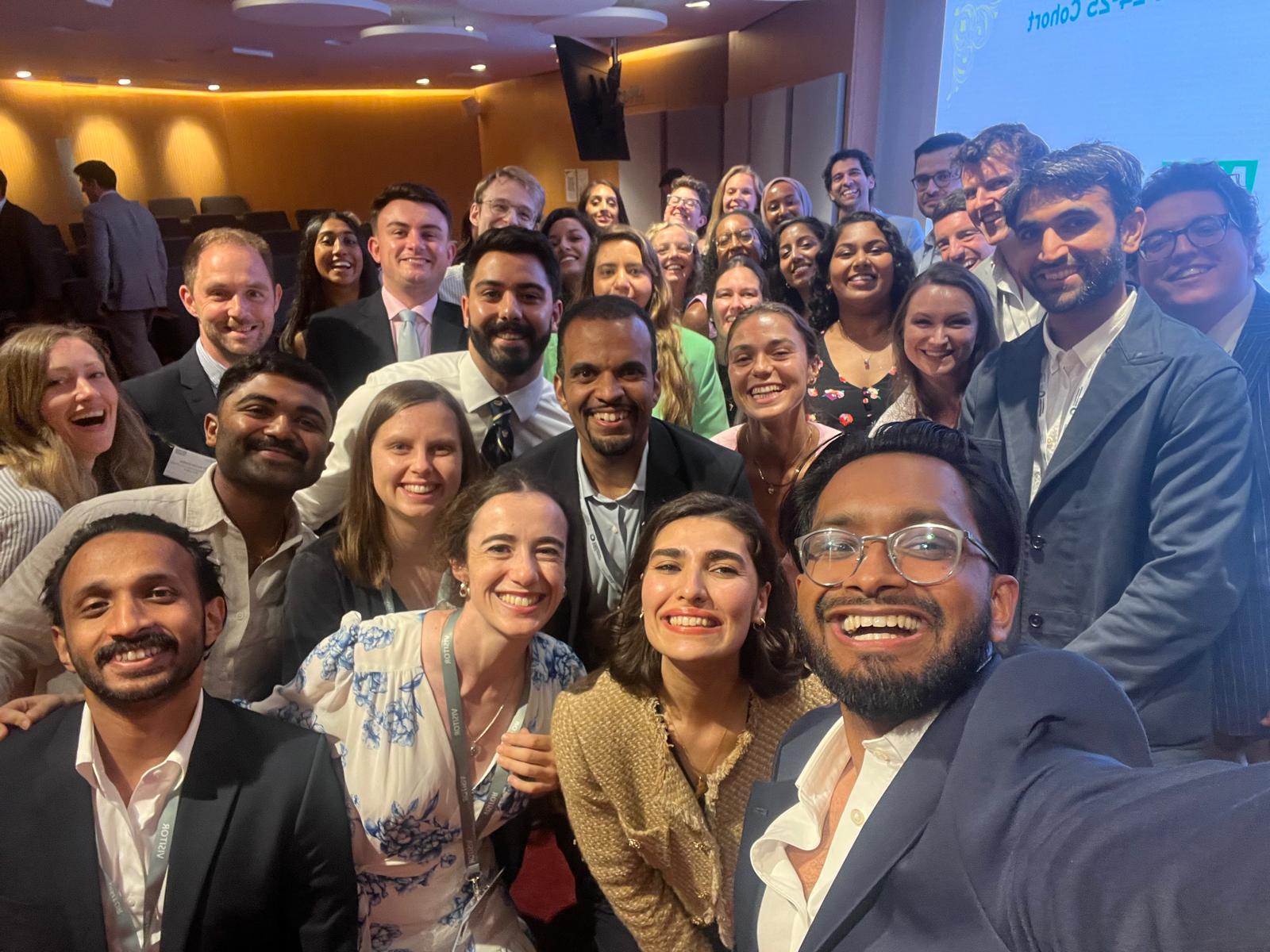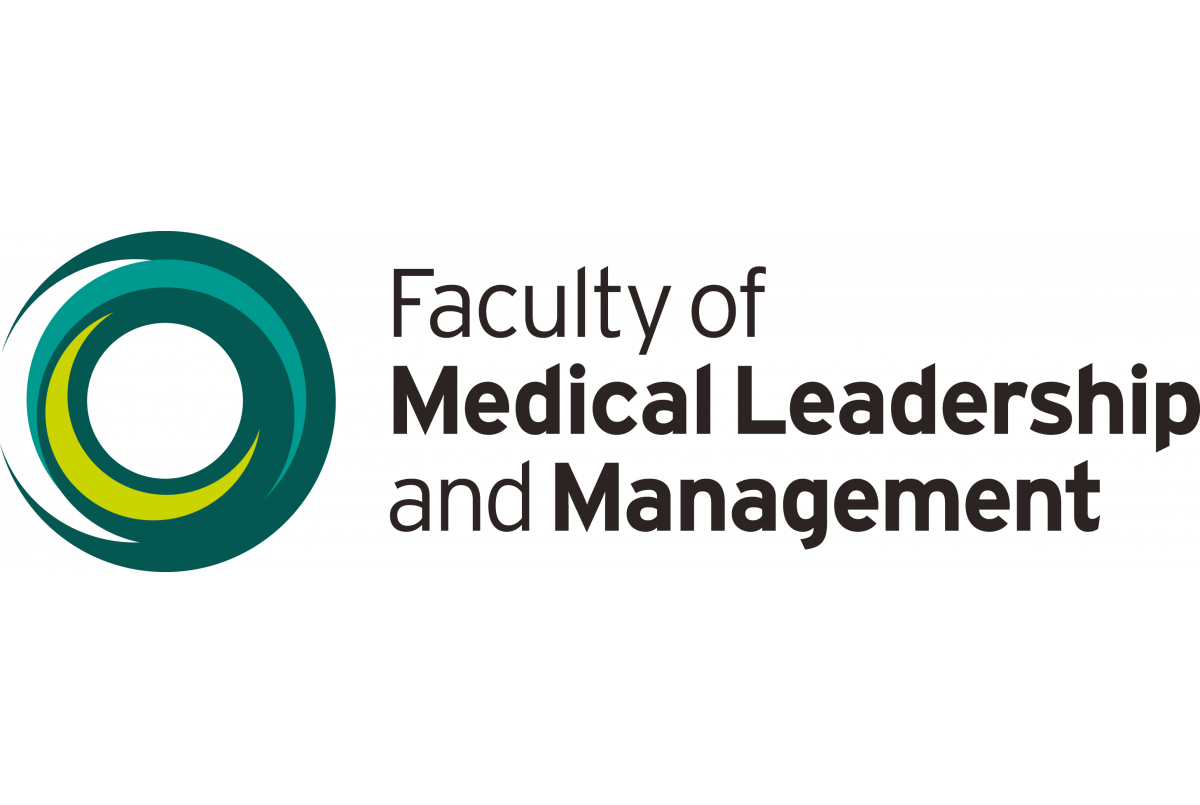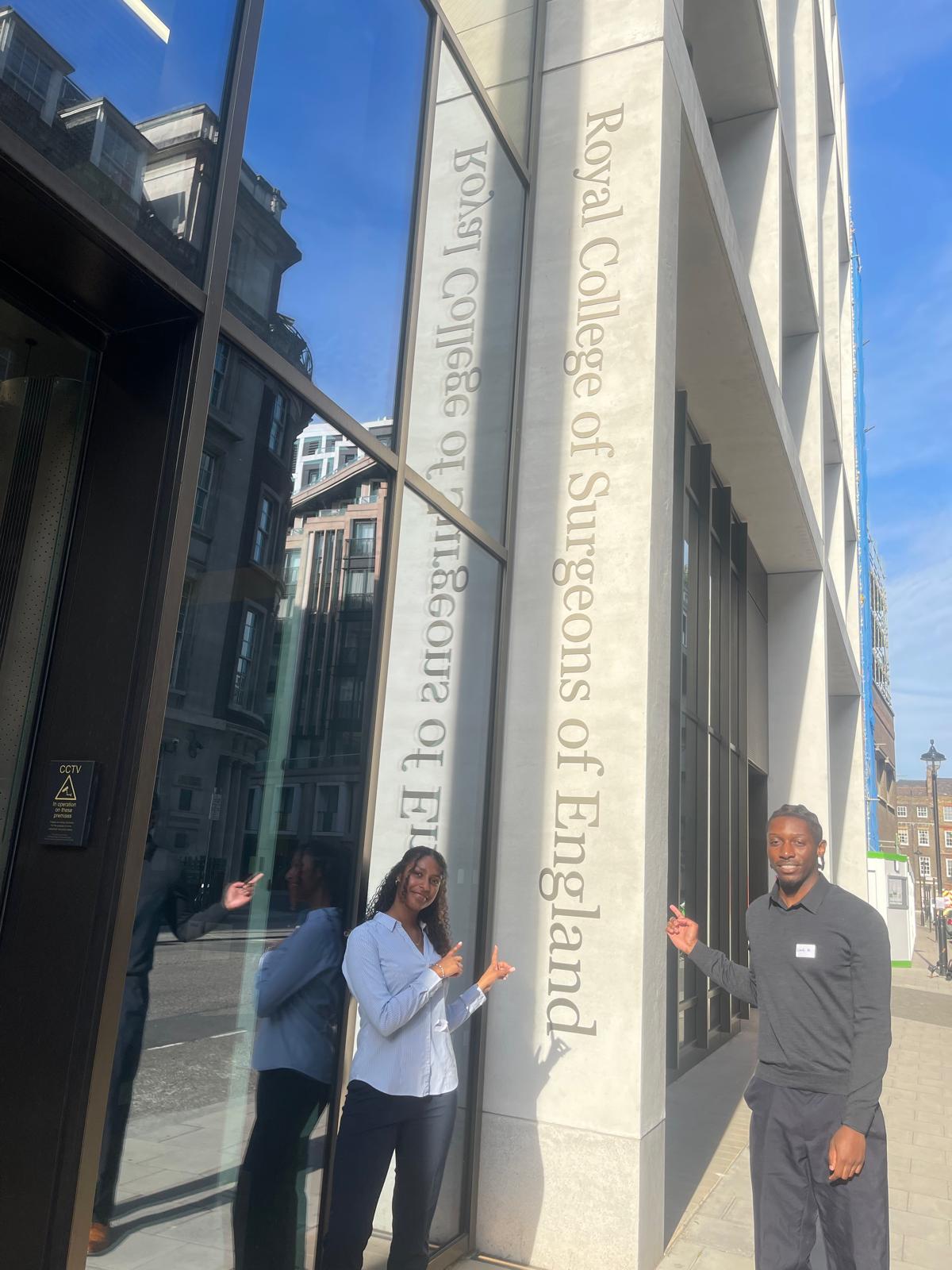
FMLM backs the findings of the Keogh Review
FMLM fully supports the approach and findings of Professor Sir Bruce Keogh KBE’s recently published review into the quality of care at 14 hospital NHS trusts.
FMLM wholeheartedly backs the eight action points emerging from the review process and praises Sir Bruce’s forward-thinking decision to give doctors in training a voice on the review panels.
Commenting on the review’s findings, FMLM medical director Mr Peter Lees said:
“FMLM welcomes this outstanding review by Sir Bruce Keogh. It is both hard-hitting but respectful of the challenges that all of the organisations involved face.
“It manages to criticise, without apportioning blame and it manages to both diagnose the problem as well as offer practical remedies.
“Inevitably one is left comparing the efficacy of this review of 14 hospitals, costing just over £3 million and taking six months, with much more costly reviews.
“Our conclusion is that the Keogh review is a positive endorsement of asking clinicians to lead and take ownership of reviews into clinical failings.”
Mr Lees also highlighted the importance of quality metrics:
“At FMLM, we welcome the work to rationalise quality metrics. We should by now know which quality metrics indicate both a safe and successful organisation as well as the quality metrics which indicate an unsafe organisation.
He added: “This begs the question: ‘How did we end up with two measures of hospital mortality which give different answers?’ The development of a measure of avoidable deaths will be a huge step forward.”
The impact of doctors in training in the Keogh review
In designing the review, Sir Bruce Keogh stated that each review panel must include a doctor in training, a condition not regularly made mandatory in other independent reviews. Of the 14 doctors in training appointed to a Keogh review panel, 11 belong to Sir Bruce’s National Clinical Fellowship scheme which is run by FMLM.
The input of these junior doctor panel members succeeded in ensuring that the doctors in training at the trusts being investigated were able to provide open and honest feedback without fear of repercussions.
Commenting on the involvement of doctors in training in the Keogh review, Mr Lees said:
“FMLM has been promoting the value of doctors in training in running health systems for a very long time. We are delighted to see how heavily involved doctors in training were in the process and also how valued they were.”
Sir Bruce championed the positive and influential role doctors in training can play in ensuring all patients receive the highest standards of care as one of his eight key actions from the review, advising medical directors to “tap into the latent energy of junior doctors” and stipulating that “junior doctors must routinely participate in trusts’ mortality and morbidity review meetings.”
Dr Lola Loewenthal, clinical fellow to Mr Peter Lees and a doctor in training member of the Basildon and Thurrock NHS Trust review panel, explained the unique and beneficial viewpoint that doctors at the beginning of their career can bring to such reviews:
“Many of the key findings from the Keogh review came from doctors in training at those hospitals that took the initiative to share their concerns and ideas openly and honestly in our focus groups. I believe it is vitally important that this group of doctors are able and encouraged to have their say in such reviews.
“Doctors in training have the unique privilege of working on the front line of hospital care whilst rotating through different institutions and departments. They come to each new rotation with ‘fresh eyes’ that may identify issues and opportunities for quality improvement that their colleagues have missed and they should be supported by managers and leaders to give feedback without fear of repercussion.
“It was an honour to be able to participate as one of the first junior doctor panellists in the Keogh review.”



